Products
News
- How to Install AAC Conductor
- Power cable current carrying capacity
- Guide on Low Voltage Aerial Bundling Cables(ABC Cab
- Guide to Electrical Insulators
- The difference between 3 + 2 and 4 + 1 on wires and
- What are the cable accessories?
- AWG (American Wire Gauge) to MM2 Conversion
- Cable Short Circuit Current Calculate
- Overhead conductor,poles,and gold fittings design
- OPGW Cable Line Design Several Key Issues[2]
Contact us
E-Mail:info@dosensecable.com
Phone:+8613073786551
Tel:+8613073786551
Add:Zhengzhou, Henan,China
Silicone Rubber Insulator
Brand:Dosense Cable
Category:Cable Accessories
Silicone Rubber Insulator Silicone rubber insulators also known as polymer insulators or composite insulators offer several advantages over traditional porcelain insulators including better pollution performance lighter weight and enha...
Silicone Rubber Insulator
Silicone rubber insulators, also known as polymer insulators or composite insulators, offer several advantages over traditional porcelain insulators, including better pollution performance, lighter weight, and enhanced mechanical strength. Here are some key characteristics:
Material: Silicone rubber insulators are made from a combination of silicone rubber and fiberglass reinforcement. This composite material provides excellent electrical insulation properties and mechanical strength.
Electrical Insulation: Silicone rubber has excellent dielectric properties, making it a reliable insulating material for various voltage levels.
Pollution Performance: Silicone insulators have a hydrophobic surface that repels water and reduces the accumulation of dirt and contaminants. This property helps maintain their insulating performance in polluted environments.
Mechanical Strength: The fiberglass reinforcement in silicone insulators gives them higher mechanical strength compared to porcelain insulators. They are less prone to breakage due to mechanical stresses, such as wind, ice, and vibration.
Lightweight: Silicone insulators are lighter than porcelain insulators of equivalent voltage ratings, making them easier to transport, handle, and install.
Flexibility: The silicone rubber material allows for flexibility, which can help absorb and dissipate mechanical loads caused by vibrations and thermal expansion.
UV Resistance: Silicone rubber is resistant to ultraviolet (UV) radiation, which helps maintain the insulator's performance and appearance when exposed to sunlight.
Corrosion Resistance: Silicone rubber insulators are less susceptible to corrosion compared to metal-based insulators.
Silicone Insulator Technical Sheet Information:
When looking for detailed technical information about a specific silicone insulator product, you would typically find the following details in a technical datasheet:
Product Specifications: Voltage rating, mechanical strength, dimensions, and configuration (number of discs, length, diameter).
Electrical Properties: Insulation resistance, dielectric strength, leakage current, and tracking and erosion resistance.
Mechanical Properties: Mechanical load-bearing capacity, mechanical failure load, and mechanical load testing under various conditions.
Environmental Performance: Pollution performance, UV resistance, temperature tolerance, and resistance to environmental factors such as salt, humidity, and chemicals.
Installation Guidelines: Recommended installation practices, hardware specifications, and maintenance instructions.
Standards and Certifications: Information about compliance with relevant national and international standards, safety certifications, and testing methods.
- Previous:Pin Insulator
- Next:Cable Lug
Related Products





 info@dosensecable.com
info@dosensecable.com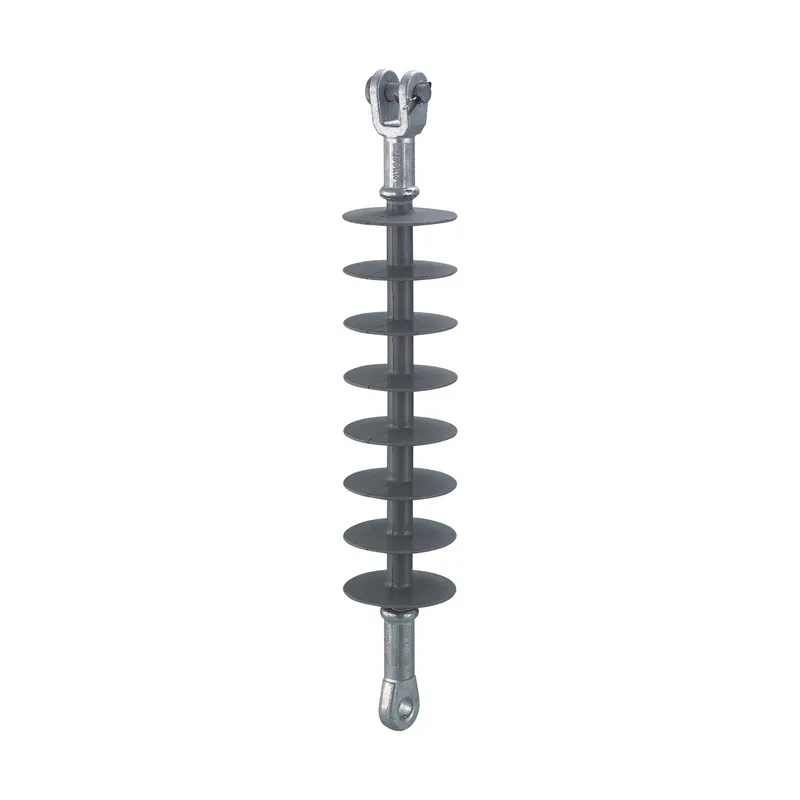
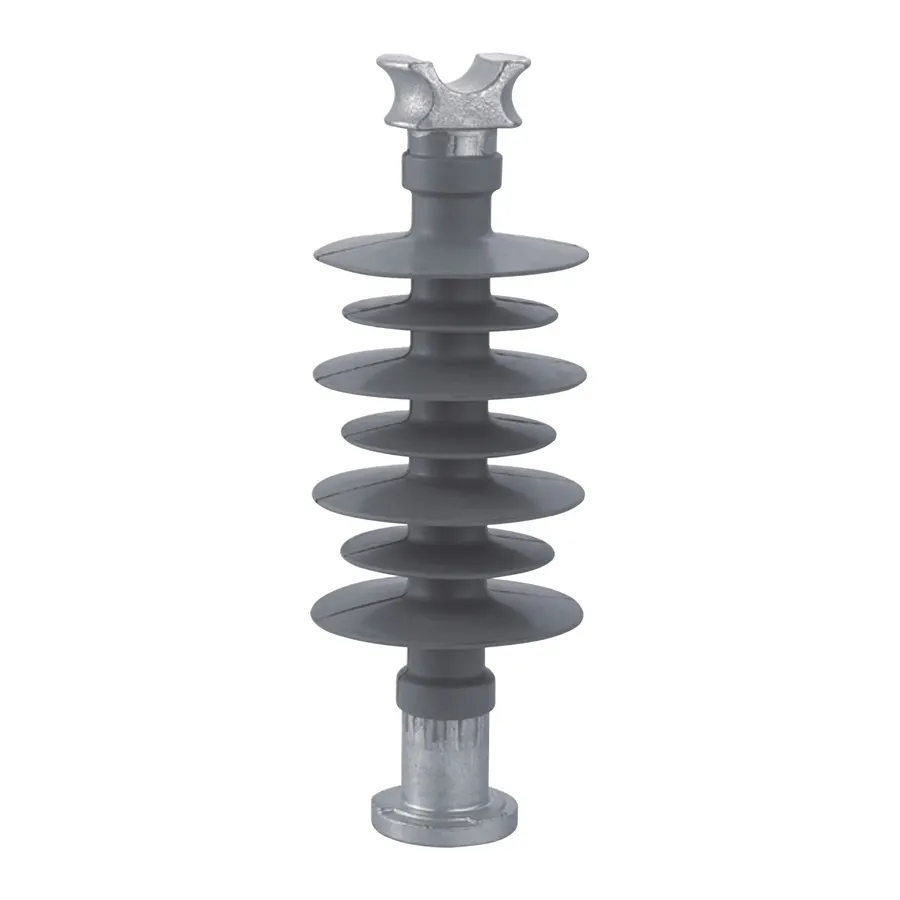
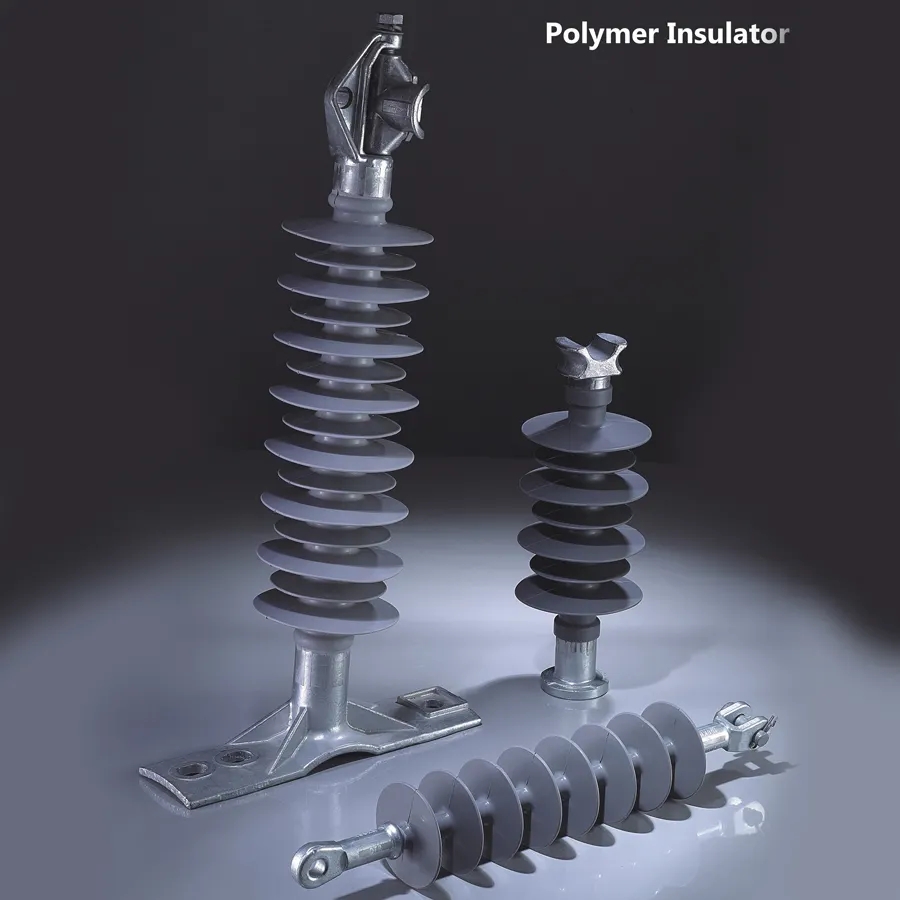
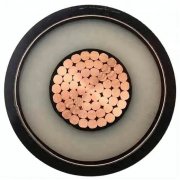
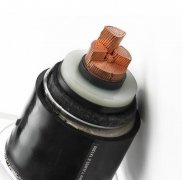
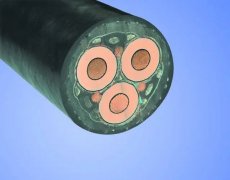
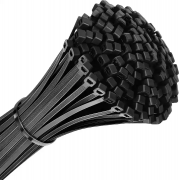
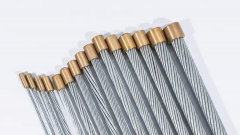
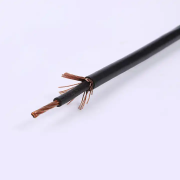
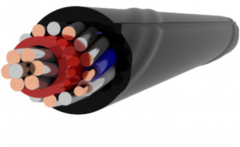
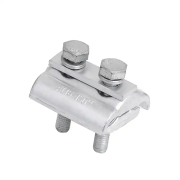

 Tel:
Tel:  Address: Zhengzhou, Henan,China
Address: Zhengzhou, Henan,China